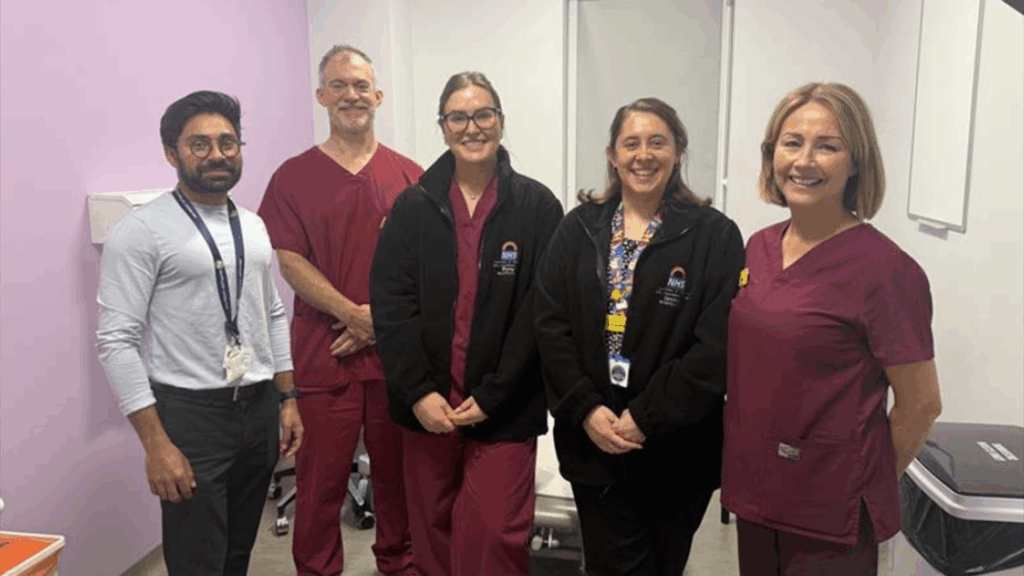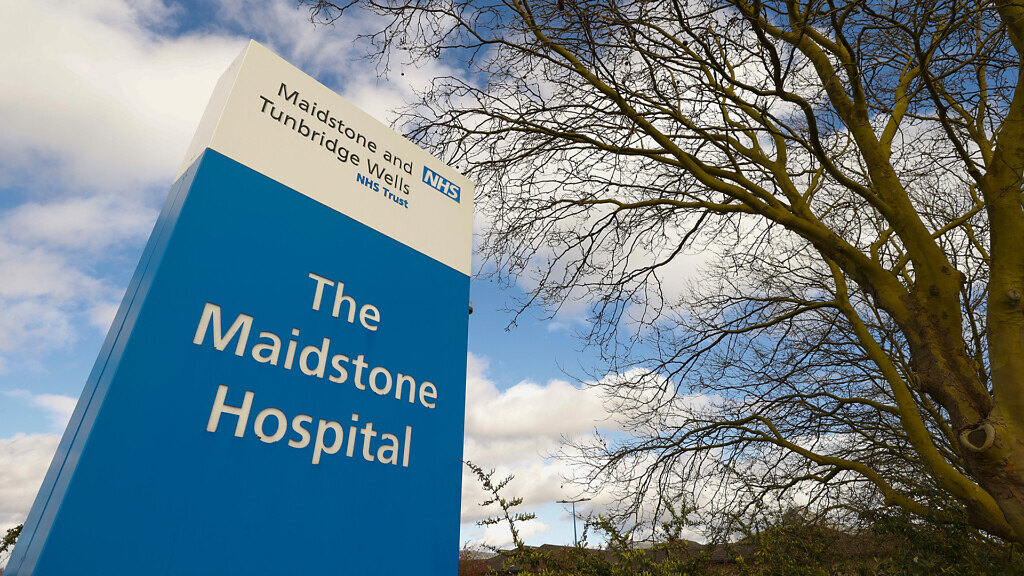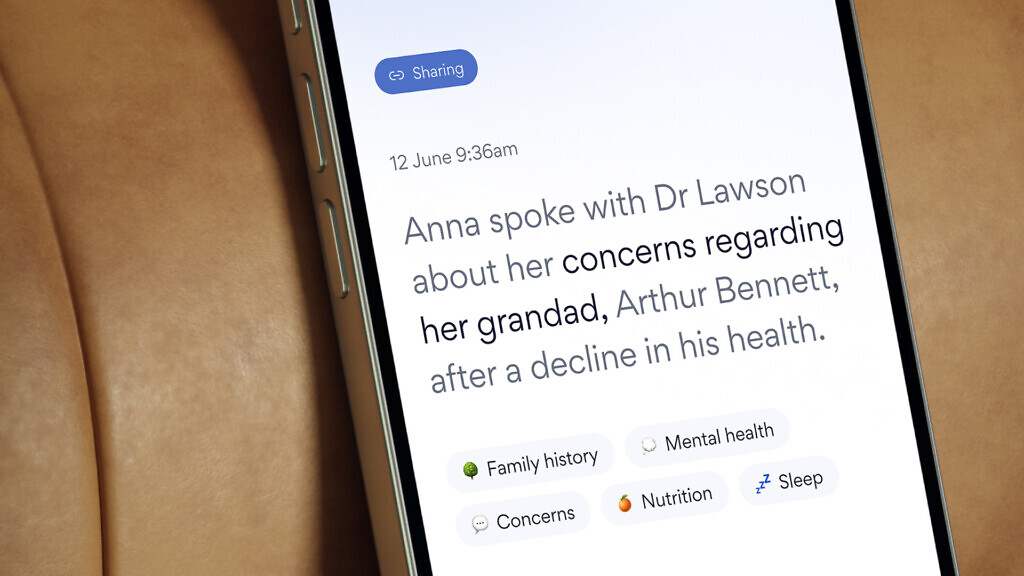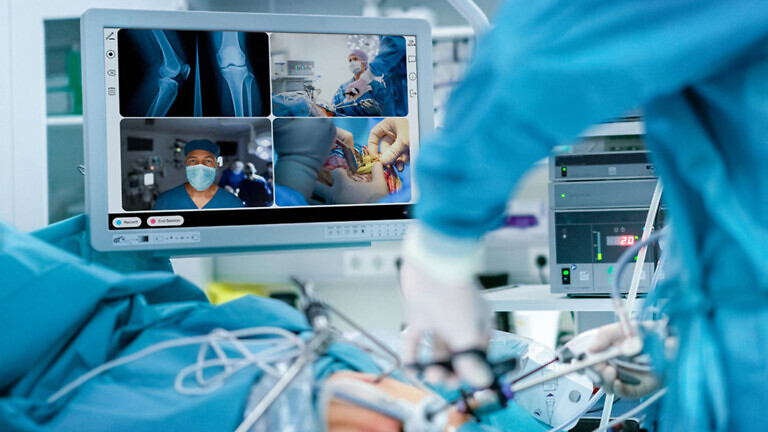The latest innovations in healthcare, including the UK’s first microbiome clinic, Kainos strengthen NHS digital capabilities, Aide Health launches AI scribe and much more.
Kainos extends partnership with NHS England’s Digital Prevention Service portfolio
Digital technology company Kainos, supported by its partners Public Digital, Baringa, Healthia, Helix Centre, Scroll and ETHOS, has secured a contract of up to three years to strengthen NHS digital capabilities for preventative healthcare.
This will improve access to vaccinations and screenings through the NHS App.
Through the partnership, Kainos will scale the Digital NHS Health Check service, enabling users to complete health assessments and receive tailored advice at home via the NHS App and website. New digital resources will also support self-care, including mental health tools, weight management support, and diabetes risk reduction pathways.
The contract also covers delivery of a number of initiatives within the prevention portfolio, including: vaccinations and screening clinical records, vaccinations digital services; and personalised prevention services including the new NHS Health Check and improving access to weight management services, talking therapies and health and lifestyle support.
Kainos and its partners will work as part of blended NHS England product teams.
“By scaling digital health checks, extending access to vaccinations and screenings, and embedding preventative support into everyday NHS care pathways, we are helping the NHS to deliver more personalised and accessible care, reduce pressure on frontline services, and improve health outcomes across the country,” said Daniel Kemp, healthcare director at Kainos.

The UK’s first microbiome clinic opens
The Functional Gut Clinic has launched the UK’s first fully integrated full-spectrum Microbiome Clinic, offering only globally recognised, evidence-based testing and diagnostics, to map a person’s microbial signature alongside support and advice from a multi-disciplinary team (MDT) of physiologists, gastroenterologists, specialist dietitians and gut-focused therapists.
The Microbiome Clinic offers a package of digestive diagnostics from £900 and gives access to up to six evidence-based tests, including stool microbiome analysis, breath testing, gut permeability analysis, gastric acid output test, gut motility and transit studies, and Small Intestine Bacterial Overgrowth (SIBO) testing.
“We are the first clinic to go beyond a simple stool test; we offer a sophisticated testing suite combining six of the most advanced diagnostics that span microbial diversity to mucosal integrity to give patients a full view of their gut microbiome and better understand their digestive function,” said the clinic’s founder Anthony Hobson.
The Countess of Chester Hospital NHS Foundation Trust upgrades obstetric and gynaecological ultrasound reporting system
The Countess of Chester Hospital NHS Foundation Trust has upgraded its obstetric and gynaecological ultrasound reporting system to ViewPoint 6. Delivered by Health Net Connections (HNC), this changes the way ultrasound data is captured, reported and shared across clinical teams.
The project, implemented by HNC, included the installation of ViewPoint 6 software, HL7 system integration, and deployment of both production and test environments. The system was equipped with ten concurrent user licences and six DICOM licences, ensuring scalable access for clinical staff and direct transfer of measurements from ultrasound machines.
Workflows were optimised to allow for automatic scheduling, worklist creation, measurement capture, and digital report distribution, including HL7 messaging for PDF report sharing.
“This initiative represents a major step forward in our shared mission to our commitment to improving women’s health services across the UK. By upgrading the hospital’s comprehensive digital reporting system, we’re enabling faster, more informed decision-making and ensuring more consistent care throughout the region,” said HNC’s founder, Jonathan Raife.

MTW introduces automated vital signs integration to ERP
Maidstone and Tunbridge Wells NHS Trust (MTW) has introduced automated vital signs integration into its electronic patient record (EPR). The trust estimates that it saves 2.5 minutes per observation, which equates to approximately 50% time saving for clinicians to record observations
The hospital’s ERP system has been provided by Altera Digital Health, and the new system has been designed in partnership between Altera, MTW and Baxter, using its Welch Allyn Connex Vital Signs Monitors.
Traditionally, clinicians at MTW captured vital signs using portable physiological measuring devices and then manually transcribed results into the EPR. The process was prone to delays, transcription errors and inefficiencies. With the new software, data is transmitted automatically and in real-time from bedside to EPR.
“This transformation is more than a technology change – it’s a cultural shift in how we deliver safe, data-driven care. Our teams are empowered to act faster and more confidently with real-time information at their fingertips, improving both outcomes and experience,” said chief nursing information officer Johanna Kelly.

Aide Health launches AI scribe
Digital health company Aide Health has launched Mirror, the UK’s first AI-powered scribe for patients to tackle the problem of medical advice being forgotten or misunderstood after appointments.
Designed for all types of medical interactions, the tool captures consultations and produces personalised, plain-English summaries for patients. It is expected to be particularly valuable for people with chronic conditions, those with limited health literacy, and individuals with cognitive challenges such as dementia.
“We created Mirror for patients, not clinicians, because understanding and remembering clinical information is one of the most important and fixable issues in healthcare,” said founder and chief executive Ian Wharton.
Its first product, Aide, is being used across NHS England to help patients manage asthma, Type 2 diabetes, COPD, hypertension and chronic kidney disease. Aide Health has received backing from the National Institute of Health and Care Research and Innovate UK.



